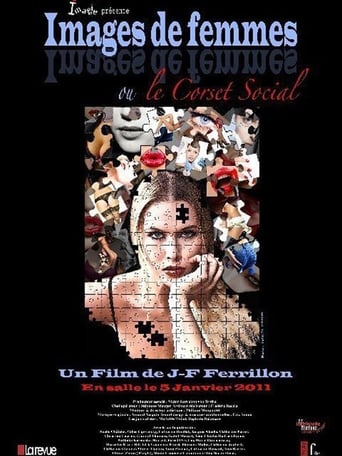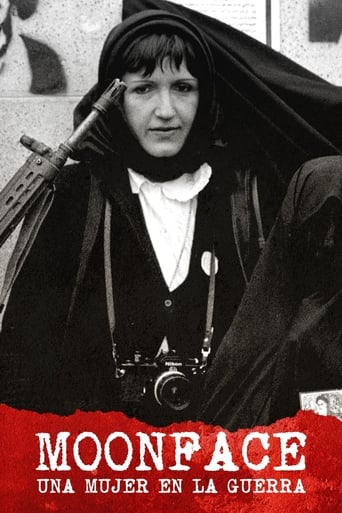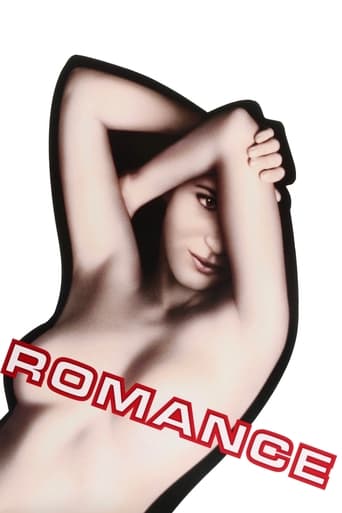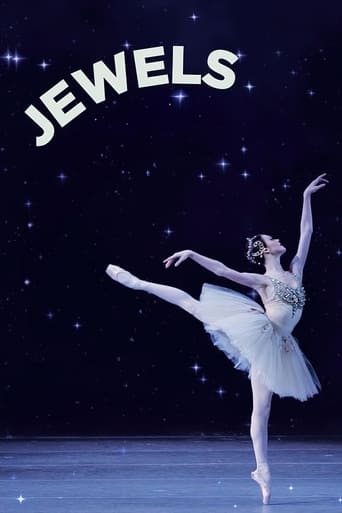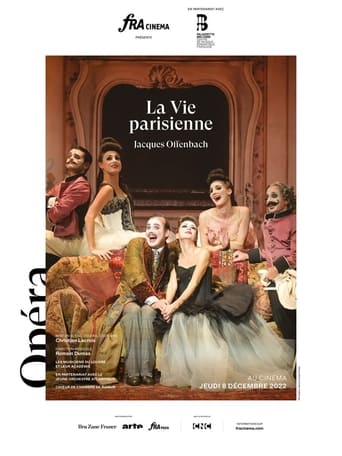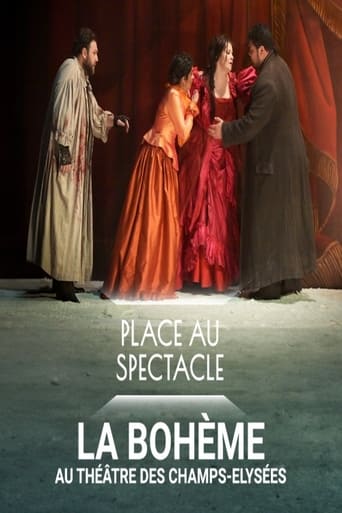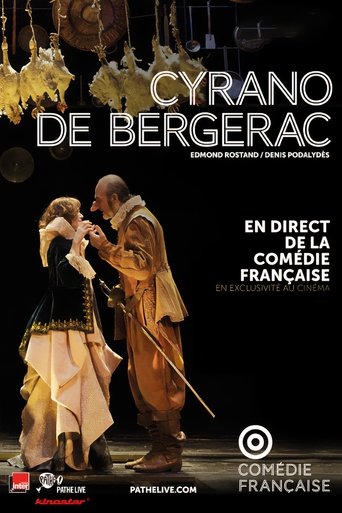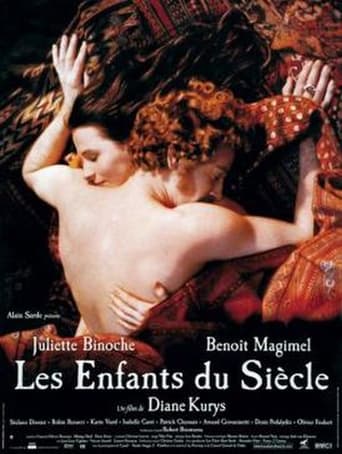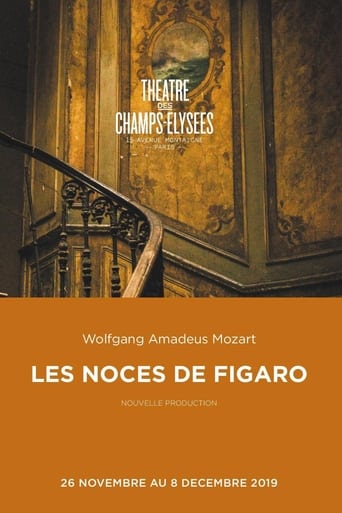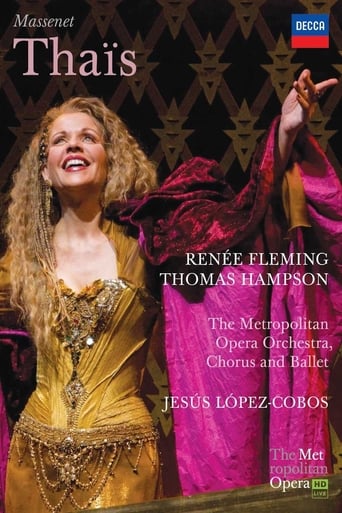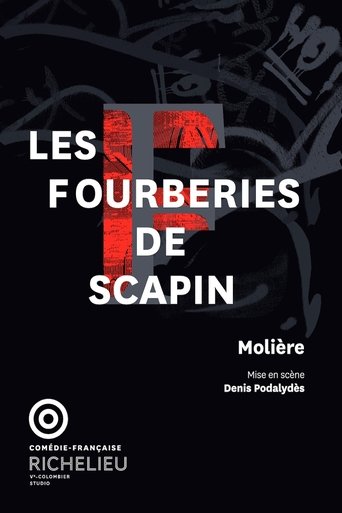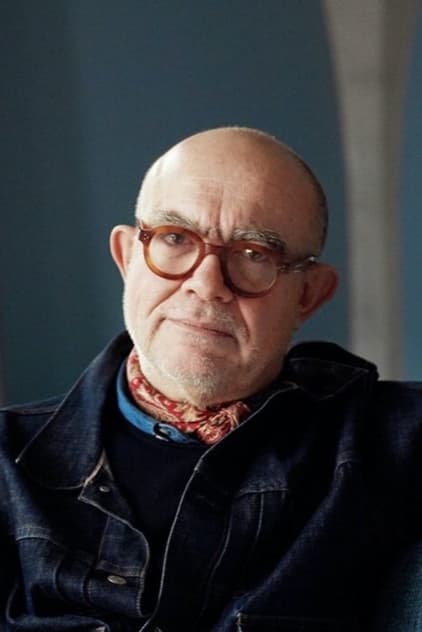
Christian Lacroix
Christian Marie Marc Lacroix (born 16 May 1951) is a French fashion designer. The name may also refer to the company he founded. Lacroix's designs combine luxury and insouciance. He prefers artisanal trades, fringe, bead, and embroidery. He's characterized by a strong sense of colour, and patterns mix. Lacroix was born in Arles, Bouches-du-Rhône in southern France. At a young age he began sketching historical costumes and fashions. Lacroix graduated from secondary school in 1969 and moved to Montpellier, to study Art History at the University of Montpellier. In 1971, he enrolled at the Sorbonne in Paris. While working on a dissertation on dress in French 18th-century painting, Lacroix also pursued a program in museum studies at the École du Louvre. His aspiration during this time was to become a museum curator. It was during this time he met his future wife Françoise Rosenthiel, whom he married in 1974. In 1987, he opened his own haute couture house. He began putting out ready-to-wear in 1988 drawing inspiration from diverse cultures. Critics commented that he did not seem to understand the type of clothing the working woman needed. In 1989, Lacroix launched jewelry, handbags, shoes, glasses, scarves, and ties (along with ready-to-wear). In this same year, he opened boutiques within Paris, Arles, Aix-en-Provence, Toulouse, London, Geneva, and Japan. With his background in historical costume and clothing, Lacroix soon made headlines with his opulent, fantasy creations, including the short puffball skirt ("le pouf"), rose prints, and low décolleté necklines. He referenced widely from other styles—from fashion history (the corset and the crinoline), from folklore, and from many parts of the world—and he mixed his references in a topsy-turvy manner. He favored the hot colors of the Mediterranean region, a hodgepodge of patterns, and experimental fabrics, sometimes handwoven in local workshops. From 1987 to its purchase from LVMH by Falic Fashion Group in 2005, the fashion house had cumulative losses of more than €44 million. In 2009, the fashion house, owned by duty-free retailer Falic Fashion Group, put the business into administration and laid off all but 12 workers. Lacroix's A/W 2009 Haute Couture was privately financed by Lacroix and each model was paid €50. "I didn't want to cry," said Lacroix "I want to continue, maybe in a different way, with a small atelier. What I really care about is the women who do this work" Lacroix said about his last Haute Couture collection. Throughout its history, it never turned a profit and reported a €10 million loss in 2008. His collections during 1994 were based on old culture and folklore, as well as fables and the past. In 1995, he launched a towel line which contained a fashion and lifestyle side, which represent how the two intertwine ("two sides of the same coin"). In 1996, he launched a jeans line. He included past traditions from all around the world, continuing the line with even more on ethnic arts. In 1997, the Art de la Table line was launched by him in partnership with Christofle. A licensing agreement was also reached in this year with Pronuptian in which he could launch his Christian Lacroix Marriage line. ... Source: Article "Christian Lacroix" from Wikipedia in English, licensed under CC-BY-SA 3.0.
- Aha: Christian Lacroix
- Ewu ewu: 0.815
- Mara maka: Costume & Make-Up
- Ubochi omumu: 1951-05-16
- Ebe amụrụ onye: Arles, Bouches-du-Rhône, France
- Homepage: https://www.christian-lacroix.com/
- A makwaara Dị ka:

